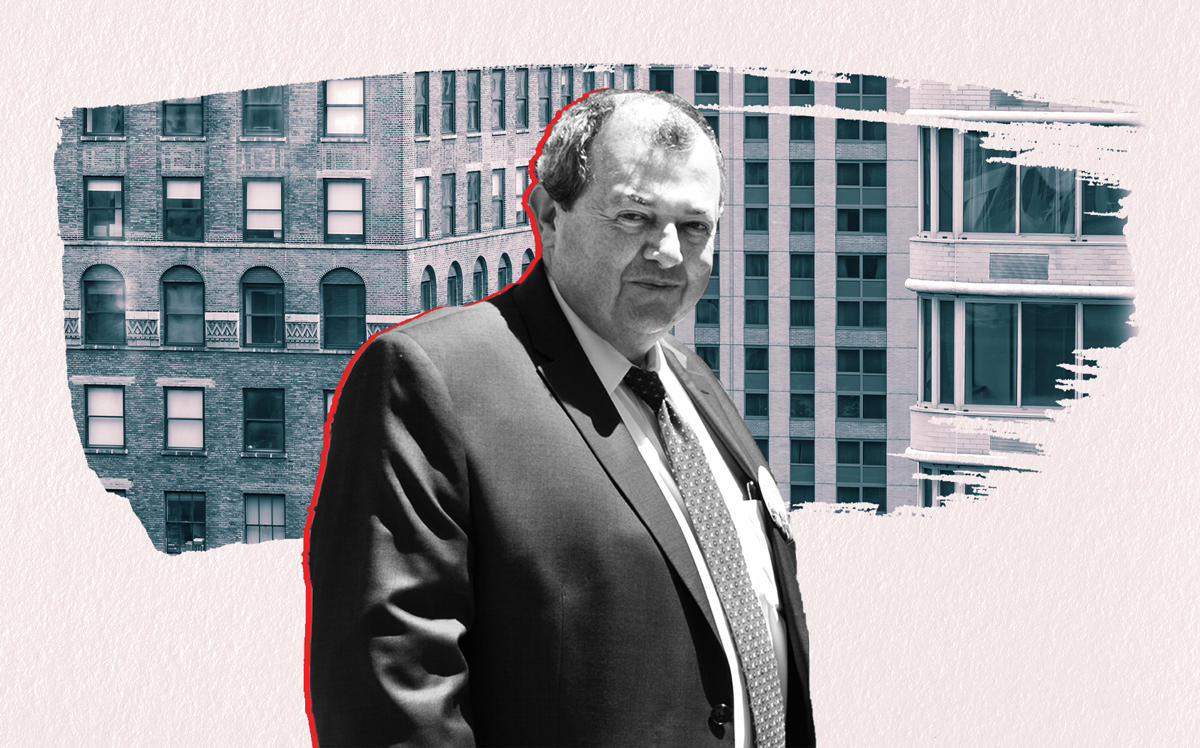Amid a surplus of new development inventory, there’s a new standard brokerage agreement that should, in theory, make life easier for buyers’ brokers.
The document, known as the universal new development brokerage agreement, standardizes contractual terms between developers and outside brokers. As of Oct. 1, signing it became mandatory for any developer that wishes to list its sponsor units on the Real Estate Board of New York’s Residential Listing Service. REBNY president Jim Whelan explained the matter to owners and managers in an internal memo.
Though previous versions of the agreement existed, this marks the first time REBNY has made its use a condition for listing units on the RLS.
The document defines the net purchase price upon which a broker commission is calculated (it excludes concessions, but includes ancillary features, like storage or parking); caps a broker’s indemnification at the amount of their commission; and allows buyers to switch their brokers at any time.
It also mandates an initial 60-day registration period for potential buyers with 30-day extensions. In new development, owners keep track of relationships with potential buyers and whether they’re working with a broker via a registration process. If the client has a registered broker, the developer is legally bound to pay their commission. To keep registration valid, the buyer and their broker must either visit the sales office or exchange purchase offers with the owner.
Before, each developer and their legal team prepared a custom agreement, with varying definitions and conditions, and then issued it to brokerages. If they signed, its brokers could bring buyers to the property; if not, they were not permitted to broker deals in the building. This disproportionately affected smaller brokerages which may not have received the agreements to begin with.
Other significant clauses in the agreement include the stipulation that any disputes between developers and brokers, aside from one over commission, be resolved in the New York court system, as opposed to in REBNY arbitration.
The legal threshold for broker misconduct under the new agreement is “willful misconduct or negligence,” and indemnification is unlimited if proven. So, for example, if a broker misrepresents certain amenities in a building, a developer could argue they were negligent, according to attorney Shaun Pappas of Starr Associates LLP.
“Everyone’s agreed now to these terms,” said Stephen Kliegerman, president of Halstead Development Marketing. “Basically, it makes life a lot easier for everyone.”
Kliegerman and Warburg Realty’s Steve Goldschmidt worked on the agreement for the past five years as the co-chairs of REBNY’s residential new development committee.
In the past, brokers would lose business if they lost track of a project’s individual registration term or other one-off terms that could void their commission in the worst case, according to Goldschmidt.
“The most common problem was simply getting a call on a Saturday afternoon [from a broker saying] we’re not on file and they won’t let me show,” he explained.
That dynamic has since changed with New York’s huge oversupply of new construction, and Goldschmidt said that’s helped their cause as he and Kliegerman consulted with developers and their attorneys to get buy-in.
“During the height of the market, developers were not inclined to be very flexible,” said Goldschmidt. “Now, they need brokers to be involved.”
One of their counterparts advocating for developers was Starr, which represents HFZ Capital Group, Hines and Magnum Real Estate Group, among others.
Samantha Sheeber, Starr’s managing partner, disputed that a bad market had anything to do with their discussions and called the resulting agreement fair.
She said she expects Starr to now handle less brokerage agreements, but noted that some of her clients, notably high-end developers, don’t put much stock in having their product on the RLS and will still require custom agreements.
“On a big project, on a high-end project, [the RLS is] really not that important,” she said, repeating feedback she’d fielded from clients. “On smaller projects, not as high-end, it’s a little bit more important.”
Steve Rutter, head of new development in New York at Compass, said he didn’t think any of the new terms were “onerous or anti-broker.”
“Anything that lends clarity to how a customer is registered and how that broker earns their commission, I think helps everybody,” he said.
Write to Erin Hudson at ekh@therealdeal.com
